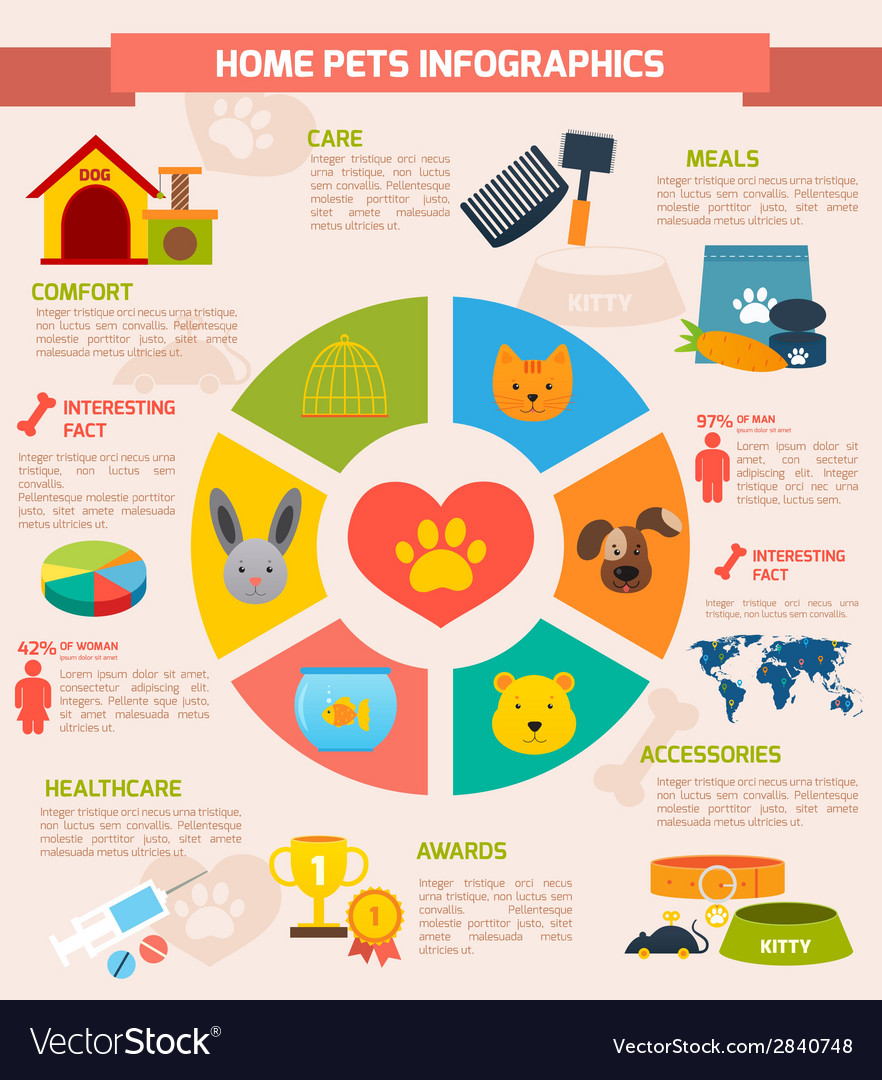Benefits Of Dog Daycare Webcams
Benefits Of Dog Daycare Webcams
Blog Article
Can Pet Dog Childcare Cause Ailment?
Opportunities are that if your canine is frequently exposed to various other pet dogs, even if they're correctly immunized, they might get home with some sort of health problem. Vaccinations, normal veterinary checkups, and excellent hygiene techniques can lessen risk variables for infection and illness.
Stressed or anxious canines can establish intestinal issues and various other health and wellness problems that are quickly spread out in between pet dogs. Developing age limitations and behavioral rules can help guarantee that only healthy canines enter your facility.
Distemper
Canine distemper is a major and frequently fatal virus that attacks a dog's respiratory, digestive, skin and immune systems. Puppies are especially susceptible and can contract the condition via straight contact with an infected animal or through the airborne transmission of infection fragments discharged throughout coughing, sneezing or taking a breath.
The incubation duration for canine distemper is between 3 and 7 days. While young puppies at day care may appear to capture parvo from an additional contaminated pet dog, it's unlikely because the incubation period is so short.
While there is no cure for canine distemper, supportive treatment can aid pet dogs recuperate. This includes fluids, antibiotics and drugs to regulate seizures. The Drake Facility for Veterinary Care notes that symptoms consist of dripping eyes and nose, looseness of the bowels, vomiting, loss of appetite and neurological troubles such as twitching and shakes. Young puppies need a full inoculation collection and annual boosters to safeguard them against this disease, which is why reputable pet childcare centers require up-to-date inoculations.
Kennel Coughing
Kennel Cough (Canine Infectious Tracheobronchitis) is a very transmittable upper respiratory problem brought on by germs and viruses. It spreads out with airborne droplets from a coughing or sneeze, direct contact, and sharing of contaminated things such as toys or water bowls. It is endemic in position where lots of canines are housed close together, such as kennels, dog parks, brushing beauty salons and programs. Numerous injections are available to shield against the pathogens that create kennel cough, and proper health practices can aid stop infection.
The classic sign is a dry, hacking coughing similar to that of a goose honk, and the majority of pet dogs recover with little treatment. Nevertheless, severe instances can result in pneumonia, and pups or canines with pre-existing illness go to higher threat for problems. To speed up healing, use a harness as opposed to a collar while your canine is recovering to prevent irritation to the windpipe. A humidifier might likewise help to dampen the air and prevent completely dry coughing.
Parvovirus
Parvovirus (CPV) is a major condition in pet dogs. It is similar to feline panleukopenia (feline distemper), but it's a lot more fatal and can spread out quickly among pets due to its exceptionally durable nature.
This virus strikes the digestive tract cellular lining of a canine, damaging it and causing germs to dismiss into the blood stream. The weakened body immune system and frustrating germs bring about septic shock, which is typically deadly.
Fortunately, vet hospitals provide reliable treatment for parvovirus. These medicines are given directly right into a patient's bloodstream and targeted towards the certain pressure of parvovirus. This treatment technique is highly reliable and helps re-train the immune system to combat off the infection. Dogs with serious symptoms are typically hospitalized for numerous days for tracking and extensive care to guarantee their survival. Puppies, unvaccinated canines and pets with weak immune systems are especially susceptible to parvovirus. This is particularly real for puppies born to roaming mothers and shelter settings, where they are exposed to many various other sick and susceptible pets.
Dog Flu
Canine influenza (CIV) is a transmittable respiratory illness that can be brought on by dogs sharing contaminated surface areas or direct contact with breathing secretions. CIV spreads conveniently in environments where there are high numbers of pet dogs, such as pet parks, childcares, grooming facilities and vet clinics.
Infected pet dogs lost the infection through aerosol respiratory beads when coughing or sneezing, and might contaminate objects they come into contact with like cages, playthings, food bowls, chains and the hands and apparel of people that manage them. Dogs can also be "silent providers" spreading out the virus without showing any type of signs and symptoms themselves.
Signs and symptoms of canine influenza include sinus and eye discharge, cough, high temperature, anorexia nervosa, and weak point. The infection can proceed to pneumonia, which can be fatal in some canines. board and training for dogs near me PCR viral screening is readily available for verification of infection. Preferably, examples (usually deep nasal or pharyngeal swabs) for PCR testing ought to be gathered within four days of the beginning of scientific indicators.